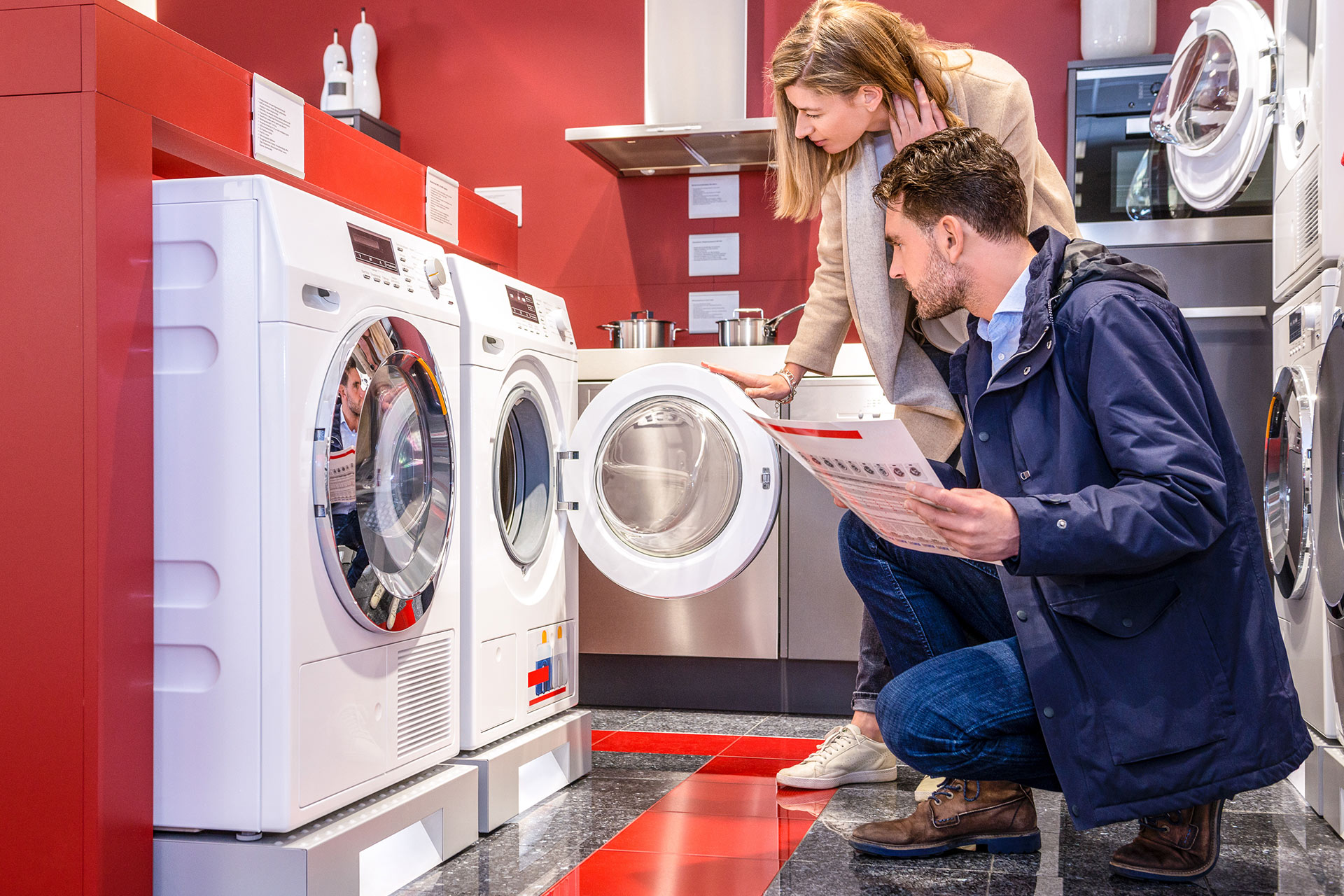Smart shoppers


Smart shoppers are the consumers of the 21st century., They use all the tools available to them to make the best purchasing decisions, with new technology and wisdom being their greatest allies for saving money. They're also considerate of the environment and other social concerns.
You may have bought something and been surprised to find the same thing somewhere else at a lower price and with better conditions. You then get the feeling that you made a mistake and lost money. One way to prevent that from happening and affecting your personal finances is to become a smart shopper.
The definition of smart shopper is very simple. A smart shopper makes purchases in a "smart" way. They gather as much information as possible to make the best decision on the product or service they want to buy. With digitalization and e-commerce on the rise, the idea of a "smart shopper" is usually associated with purchases made online; but it can also apply to more traditional ways of shopping at shops.

How to be a smart shopper
With products and services advertised in the media, at bus stations and in shop windows — not to mention on social networks and online stores you can visit on smartphones and computers at any time —, the temptation to buy can be constant. Before clicking on the payment button, using your credit card or even paying in cash, you should think about these five strategies to become a smart shopper.
- Ask yourself if you need it. This first point is vital. Smart shoppers have self-control and clear reasons for buying something. Because they've done their research and are well aware of the characteristics, necessity and usefulness of a product, they're less likely to give in to impulses or "financial" biases.
- Always compare prices. The Internet makes it's easy to compare prices at different outlets. You can visit websites or use a digital price comparison tool. You should also remember the usual price of what you want to buy to compare it to its price during sales such as Black Friday.
- Take advantage of points or rewards. Smart shoppers look for the best possible deals, without forgoing quality. Brand loyalty programmes are a good way in which they find better prices or conditions. They're usually for brands they buy on a regular basis or specific stores. Each purchase gives points that can be redeemed for discounts, products, gifts, etc. Paying with a specific method or using a promotional code can also give rewards.
- Look at reviews. Checking product reviews before making a purchase is a good start in order to know if something meets your expectations. You should remember that consumers usually provide details about a product’s condition, customer service ratings, troubles, defects, and other things on a manufacturer’s or seller’s website.
- Make purchases securely. Last but not least, you should follow cybersecurity tips when making payment. Smart shoppers usually know how to not fall victim to scams that put their bank and personal data or money at risk. Making sure a web address includes “https” and has a padlock icon, choosing secure passwords not opening suspicious emails are just some of the many tips to keep you safe.

Responsible consumer tips
Smart shoppers take their own consumer habits seriously. They look for quality, want to save money on purchases, and think about the environment and sustainability. If you're buying an electronic device, check second-hand or reconditioned items markets to find what you need at a lower price. This helps conserve natural resources. If you're interested in learning more about buying second-hand, check out these ten tips to consider when making second-hand online purchases (in Spanish) in Finanzas para Mortales (Finance for mortals).
Smart shoppers also tend to take care of their financial health: they know how to manage their money, minimize over-indebtedness from overbuying, and plan their purchases in advance, perhaps by making a budget.







